How To Store A Camera ?
When storing a camera, it is important to first remove the battery and memory card. This will prevent any potential damage to the camera or loss of data. Next, clean the camera body and lens with a soft, dry cloth to remove any dust or debris. If the camera has interchangeable lenses, remove them and store them separately in a clean, dry place.
Store the camera in a cool, dry place away from direct sunlight and moisture. A camera bag or case can provide additional protection from dust and scratches. It is also recommended to store the camera in an upright position to prevent any potential damage to the lens or other components.
If the camera will not be used for an extended period of time, it is recommended to charge the battery to about 50% before storing it. This will help prolong the life of the battery. Finally, it is important to periodically check on the camera and its accessories to ensure they are still in good condition.
1、 Temperature and Humidity Control
Temperature and Humidity Control is crucial when it comes to storing a camera. Cameras are sensitive electronic devices that can be easily damaged by extreme temperatures and humidity levels. Therefore, it is essential to store your camera in a controlled environment to ensure its longevity and optimal performance.
When storing your camera, it is recommended to keep it in a cool, dry place with a temperature range of 20-25°C (68-77°F) and a humidity level of 40-50%. Avoid storing your camera in areas with high humidity levels, such as basements or attics, as this can cause moisture buildup and damage the camera's internal components.
To maintain the ideal temperature and humidity levels, you can use a dehumidifier or air conditioner to regulate the environment. Additionally, you can store your camera in an airtight container with silica gel packets to absorb any excess moisture.
It is also important to note that extreme temperature fluctuations can cause condensation to form inside the camera, which can damage the lens and other internal components. Therefore, it is recommended to allow your camera to acclimate to the storage environment before use.
In conclusion, Temperature and Humidity Control is essential when storing a camera. By maintaining the ideal temperature and humidity levels, you can ensure your camera's longevity and optimal performance.
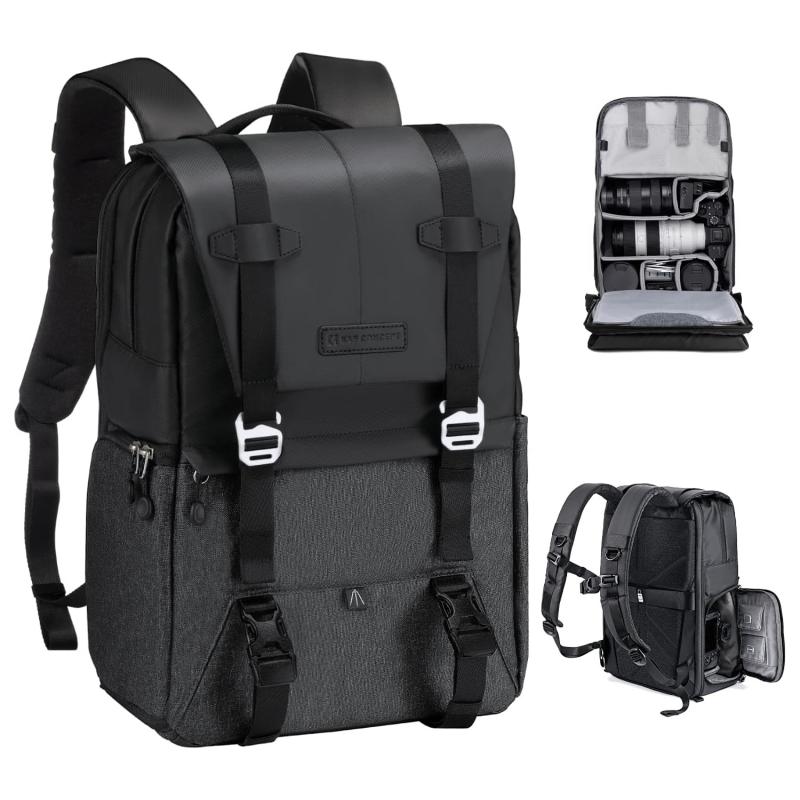
2、 Proper Cleaning and Maintenance
Proper Cleaning and Maintenance
Proper cleaning and maintenance of your camera is essential to ensure its longevity and optimal performance. Here are some tips to keep your camera in top condition:
1. Keep it clean: Use a soft, dry cloth to wipe down the exterior of your camera after each use. Avoid using harsh chemicals or abrasive materials that could scratch the surface.
2. Clean the lens: Use a lens cleaning solution and a microfiber cloth to clean the lens. Avoid using your breath or saliva to clean the lens, as this can introduce moisture and potentially damage the lens coating.
3. Protect the lens: Use a lens cap or hood to protect the lens from scratches and dust when not in use.
4. Store it properly: When not in use, store your camera in a cool, dry place away from direct sunlight and moisture. Consider using a camera bag or case to protect it from bumps and scratches.
5. Check the battery: Make sure to check the battery regularly and charge it as needed. Avoid leaving the battery in the camera for extended periods of time, as this can cause damage to the camera.
6. Update firmware: Check for firmware updates regularly and install them as needed. This can improve the camera's performance and fix any bugs or issues.
In addition to these tips, it's important to follow the manufacturer's instructions for cleaning and maintenance. With proper care, your camera can last for many years and continue to produce high-quality images.
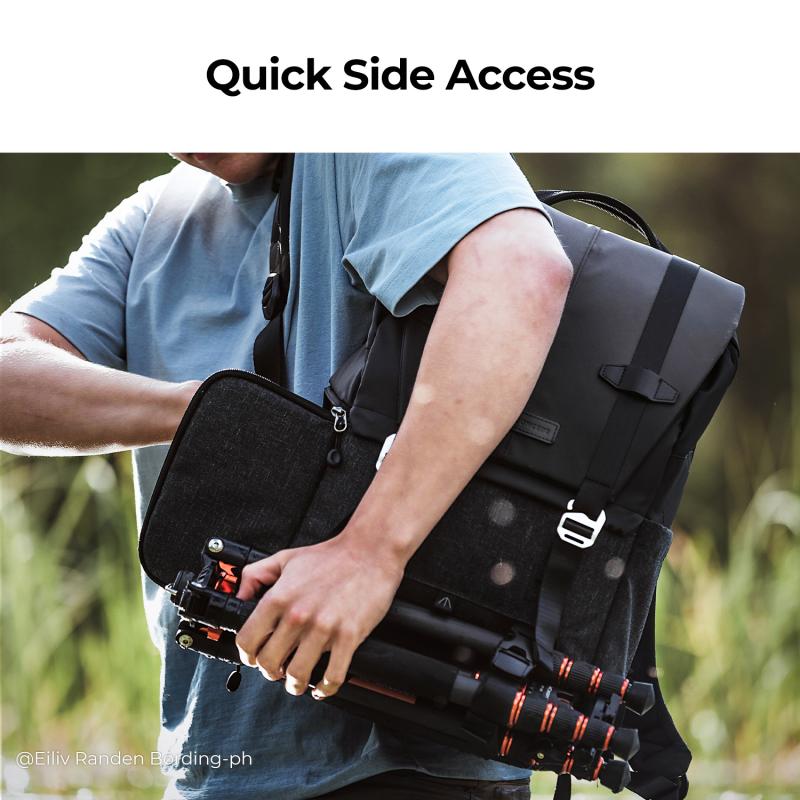
3、 Safe Storage Containers
Safe Storage Containers
When it comes to storing your camera, it is important to take the necessary precautions to ensure that it remains in good condition. One of the best ways to do this is by using safe storage containers. These containers are designed to protect your camera from dust, moisture, and other elements that can cause damage.
There are several types of safe storage containers available on the market, including hard cases, soft cases, and camera bags. Hard cases are the most durable and offer the best protection against impact and water damage. Soft cases are more lightweight and easier to carry around, but they may not offer as much protection as hard cases. Camera bags are a popular choice for photographers who need to carry their equipment around with them, but they may not be as protective as hard or soft cases.
When choosing a safe storage container for your camera, it is important to consider the size and weight of your camera, as well as the type of environment you will be storing it in. If you plan to store your camera in a humid environment, for example, you may want to choose a container that is waterproof and airtight.
In addition to using a safe storage container, it is also important to store your camera in a cool, dry place. Avoid storing it in direct sunlight or in areas with high humidity. You should also remove the batteries from your camera before storing it, as they can leak and cause damage over time.
Overall, using a safe storage container is an effective way to protect your camera from damage and ensure that it remains in good condition for years to come.
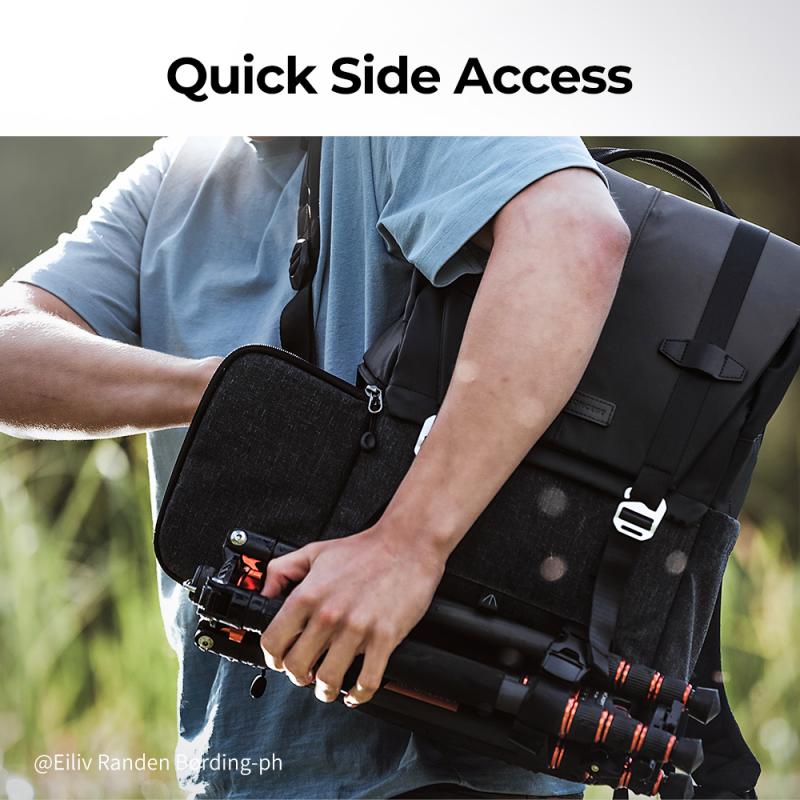
4、 Avoiding Direct Sunlight and Moisture
How to store a camera? The answer is simple: Avoiding Direct Sunlight and Moisture. These two factors are the most important things to consider when storing your camera. Direct sunlight can damage the camera's sensor and other internal components, while moisture can cause corrosion and mold growth.
To avoid direct sunlight, store your camera in a cool, dry place away from windows or other sources of natural light. If you must store your camera in a room with windows, cover it with a cloth or place it in a camera bag to protect it from the sun's rays.
Moisture is another enemy of camera storage. Humidity can cause corrosion and mold growth, which can damage your camera's internal components. To avoid moisture, store your camera in a dry place with low humidity. You can also use silica gel packets or other desiccants to absorb any moisture in the air.
In addition to avoiding direct sunlight and moisture, it's also important to store your camera properly. Remove the battery and memory card before storing your camera to prevent any damage from leaks or corrosion. Store your camera in a camera bag or case to protect it from dust and scratches.
In conclusion, storing your camera properly is essential to ensure its longevity and performance. Avoiding direct sunlight and moisture are the most important factors to consider when storing your camera. By following these simple tips, you can keep your camera safe and in good condition for years to come.
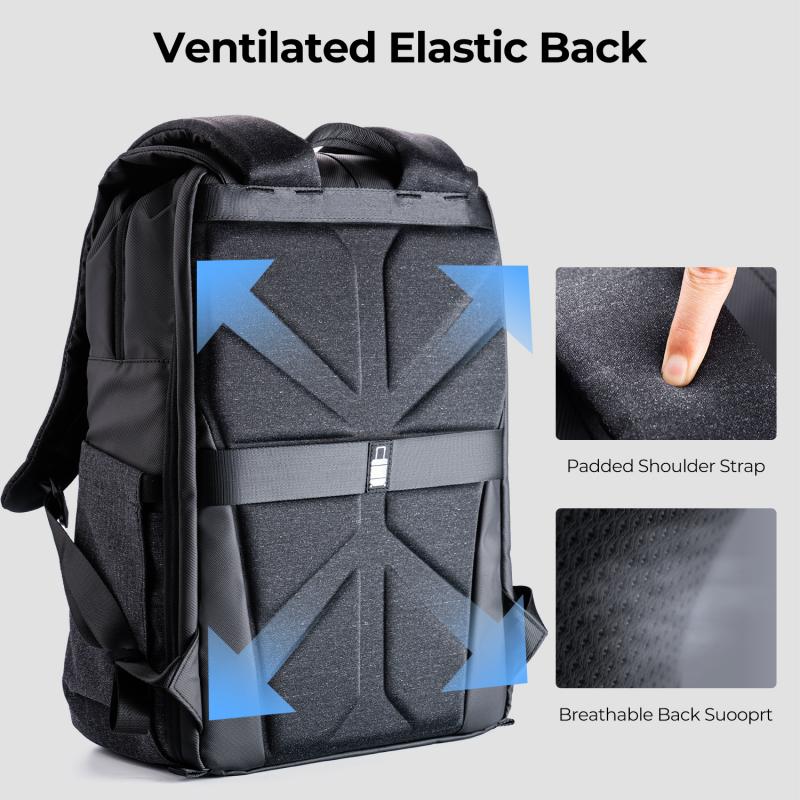






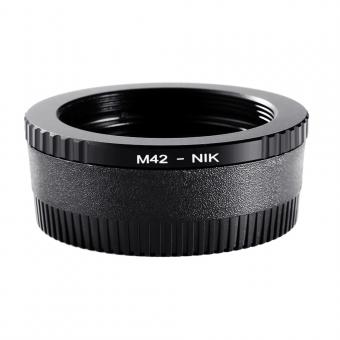


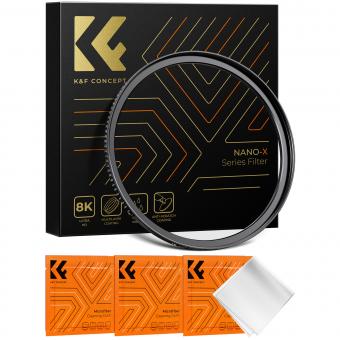
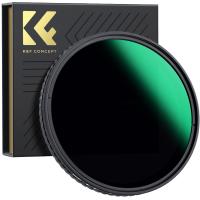
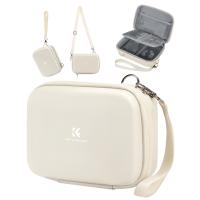
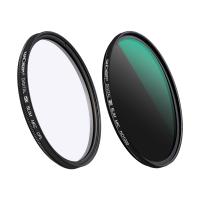
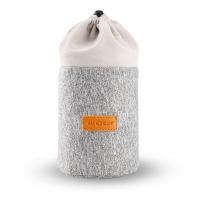
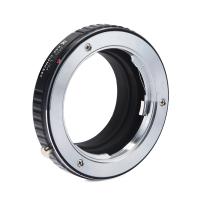
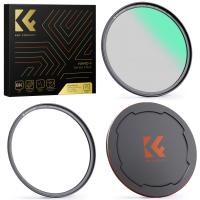
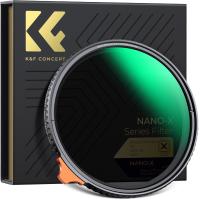
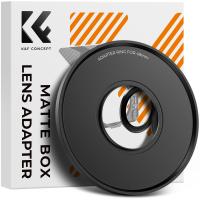
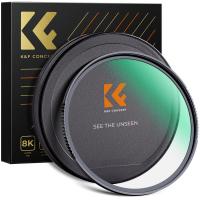
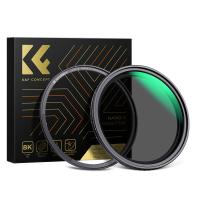
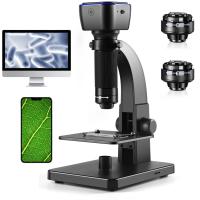
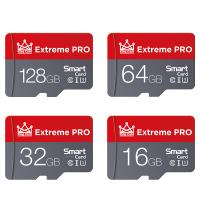
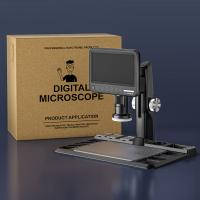

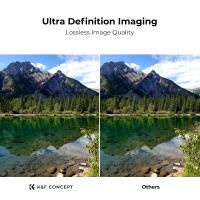
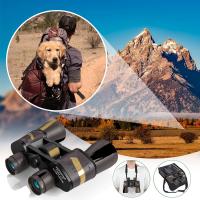
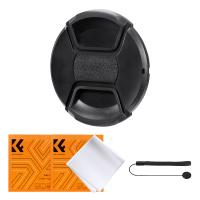
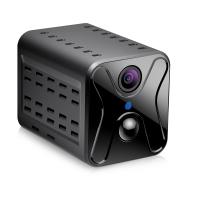

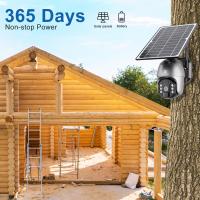
There are no comments for this blog.